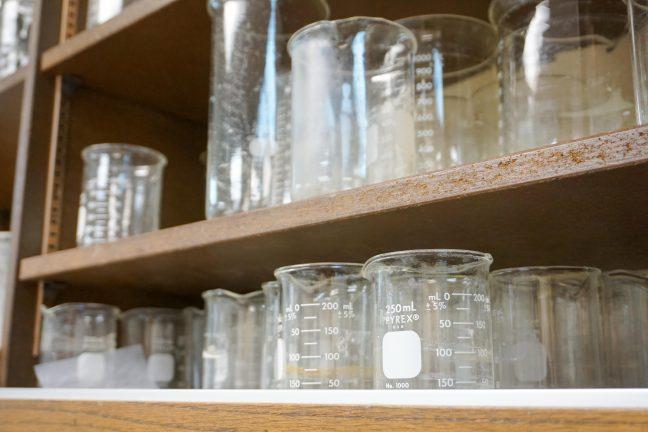The University of Wisconsin Inclusion in Science & Engineering Leadership Institute is restarting its Breaking the Bias Habit workshops in 2024.
The mission of WISELI is to promote faculty diversity, which primarily focuses on the hiring process, WISELI Executive and Research Director Jennifer Sheridan said.
Students have called for a more diverse campus in the past and this can only be satisfied with the start of a more inclusive faculty Sheridan said. This is why the Breaking the Bias Habit workshops are geared toward faculty.
The groundbreaking workshop aims to sensitize faculty members to the experiences of their colleagues from underrepresented groups and address the issue of implicit biases that may hinder the development of an inclusive academic climate, Sheridan said.
“Faculty are the constant on campus … they shape the culture,” Sheridan said.
UW professor of Psychology Patricia Devine and WISELI co-director Molly Carnes collaborated with WISELI on research observed the hiring process in STEM disciplines. They focused on STEM disciplines at UW due to the underrepresentation of women in the community, Devine said.
One of the cornerstones of the Breaking the Bias Habit workshop is its emphasis on making participants more sensitive to their colleagues around them. By delving into the concept of unconscious bias and encouraging self-reflection, the workshop equips faculty members with the tools to recognize and rectify their biases, Sheridan said.
Various departments of medicine were especially of focus due to their organization and their underrepresentation of women and other minority groups. This was the focus for Devine’s multi-site study which had a new sample. Devine said the same improvements seen at UW following the workshops were seen to some extent at other institutions.
WISELI performs a faculty climate survey every year, which enables faculty to evaluate the environment of their department for both themselves and minority faculty, Sheridan said. One crucial question on these surveys asks faculty members to assess the climate for women, people of color and LGBTQ+ individuals within their institution.
These surveys reveal that the perceptions of the majority group often differ significantly from those of underrepresented groups, Sheridan said. In the past, the majority of faculty has overestimated the inclusivity of their academic climate, illustrating the need for intervention.
The workshops are based on previous research by Devine, specifically her model of intergroup biases. This idea describes the conflict between values and spontaneous evaluation and the idea that bias is a basic habit of the mind.
“We find that by default when we come in contact with people from other groups there is a mental shortcut we take,” Devine said.
All 92 STEM departments were paired up with another, matching them by size, gender and discipline. The researchers then performed a clustered randomized control study, which included a waitlist control group that could eventually receive the workshop, according to Devine.
The original workshops were done prior to the COVID-19 outbreak and in-person. Faculty members sat in groups and the presentation was a mix of discussion and lecture, Devine said. Carnes introduced the topic and common explanations for the underrepresentation of women in STEM disciplines.
“Stereotypes affect what we notice, how we interact, what roles we think people should have,” Devine said.
Originally designed throughout 2019 and 2020, this workshop has been updated with new literature and a keen focus on emerging issues. This ensures it remains at the forefront of habit-breaking strategies, Sheridan said.
In light of the latest research findings and societal developments, the material has been carefully tweaked to encompass a broader spectrum of habits and behaviors, making it even more relevant to today’s challenges, Sheridan said.
The field of implicit bias research, with its far-reaching implications, extends its influence into various domains, including medicine and the legal system, Sheridan said. One of the key objectives of the workshops is to empower individuals to recognize and address biases within themselves, fostering a more equitable society, Sheridan said.
Devine’s current project further emphasizes this field of research. Her new research involves a proactive approach by engaging with families. This approach aims to reduce bias in children by involving parents in the process, Devine said.
Families are invited to participate in studies and parents are provided with workshops tailored to their needs. The workshops focus on understanding the nature of biases in children. This holistic approach holds promise in shaping a more equitable and unbiased future for generations to come, Devine said.


